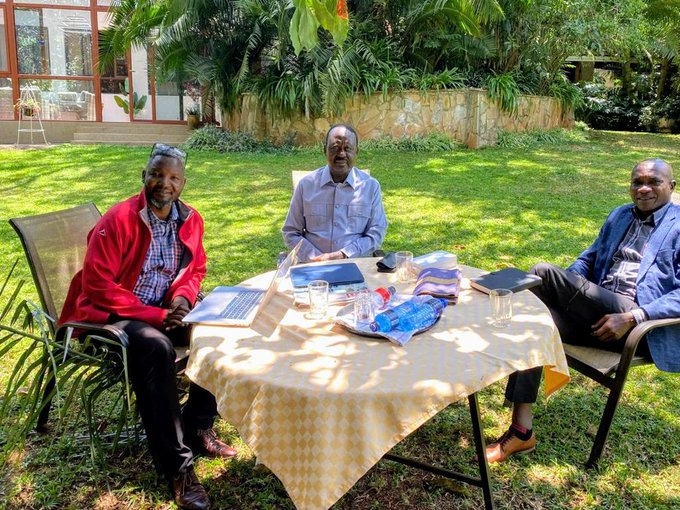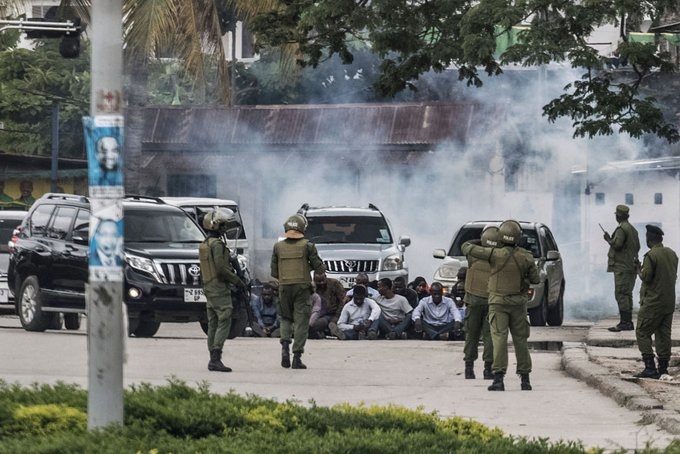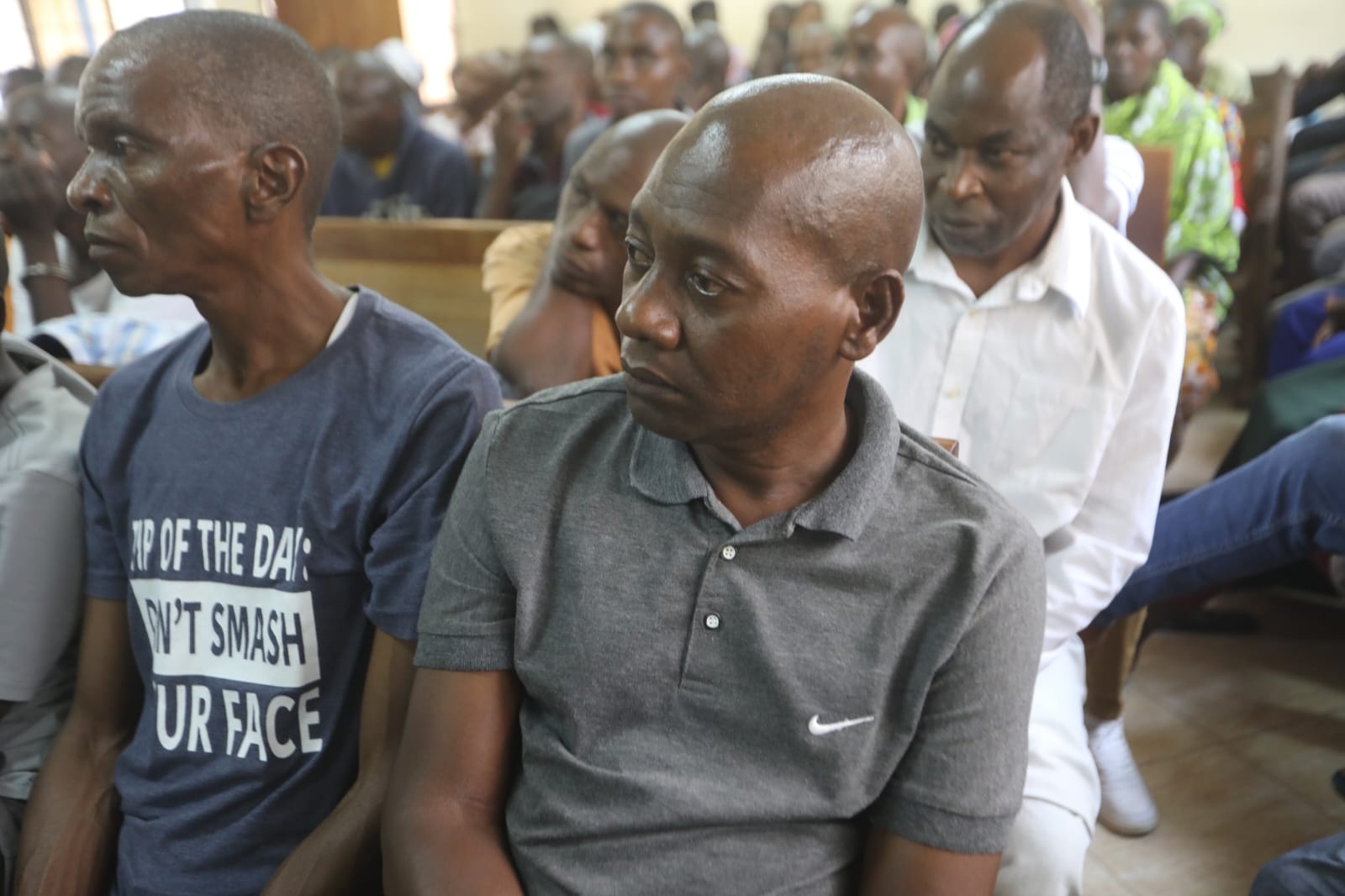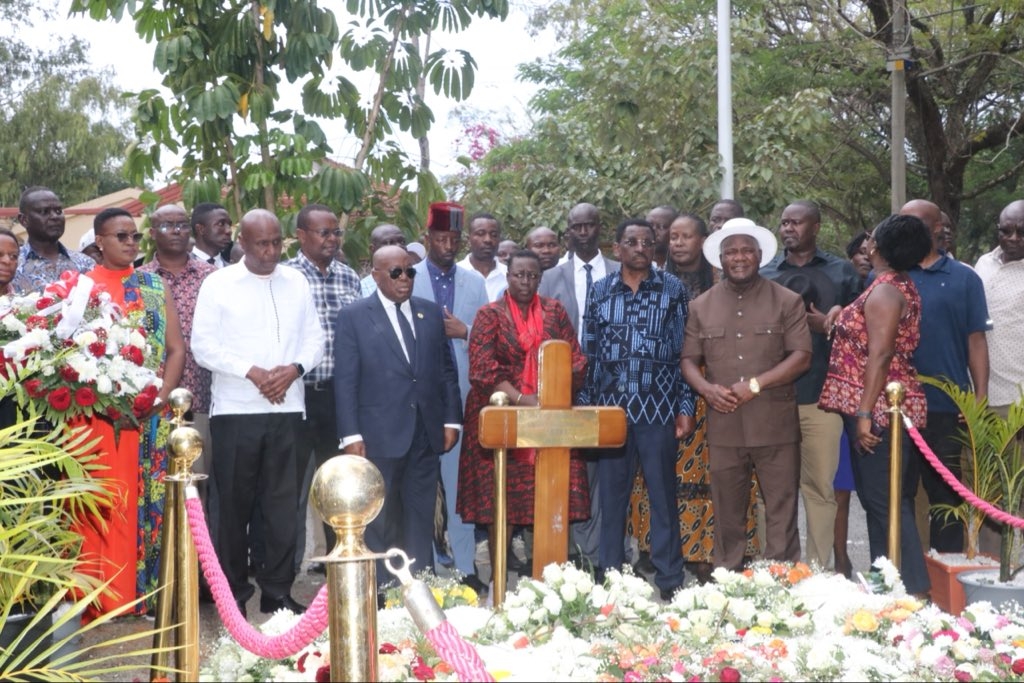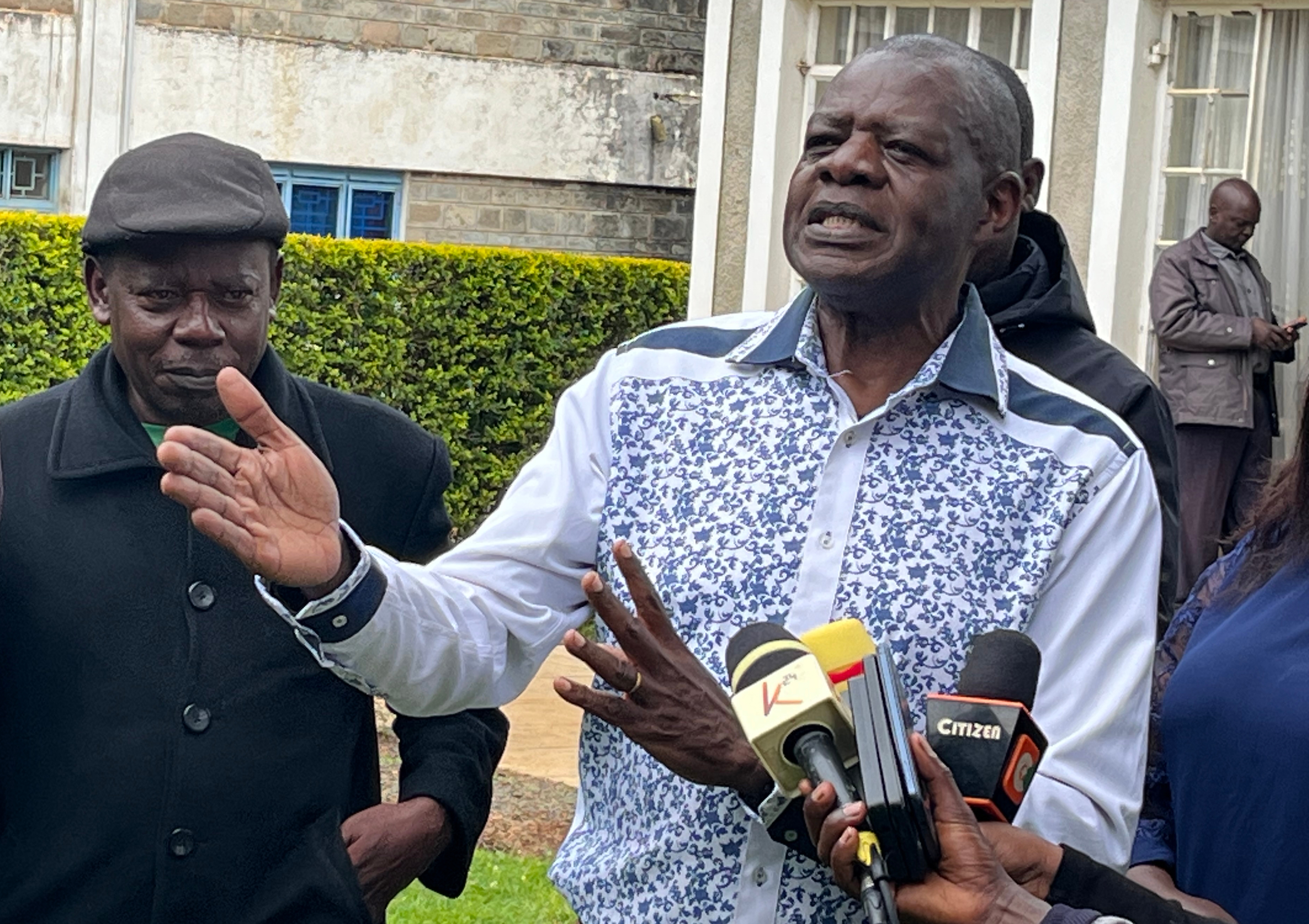The novel coronavirus spreading in Kenya is the same strain that has killed thousands of people in Wuhan, China, and in Europe, scientists at the Kenya Medical Research Institute say.
The researchers studied the genetic structures of 122 virus samples in Kenya but did not find any mutation to account for a new strain.
The samples were taken from patients in Nairobi and Mombasa between March 12 and April 30.
"SARS-CoV-2 viruses circulating in the country do not differ from viruses circulating elsewhere in the world," the scientists said in a statement.
The crude death rate from Covid-19 (the disease caused by SARS-CoV-2) in Africa has been significantly lower compared to the rest of the world.
The Kenyan scientists published the results of the genomic sequencing yesterday.
Although the local viruses have acquired changes in their genetic sequence over time, their biological properties remain similar to the virus isolates taken from a Wuhan patient in December 2019.
The researchers also traced the travel history of the virus into Kenya and mapped its spread within Nairobi and Mombasa.
Viruses carry minor modifications as they move from one person to the next host.
Scientists analyse these changes to track the travel history.
Kemri scientists found at least nine clusters of viruses that were imported into Kenya from Europe.
Their mutation signature matched that of viruses from European countries.
"The full genetic tree shows at least nine separate clusters of virus sequence that are too distant from each other to have evolved from each other during transmission in Kenya," they said in a statement.
There is also evidence of sustained local transmission between Nairobi and Mombasa before President Uhuru Kenyatta locked down the two regions.
Kemri director general Prof Yeri Kombe said this was the first time Kenyan scientists had analysed the full genomes of viruses.
“This successful sequencing for the novel coronavirus SARS Cov-2 in Kenya is a significant milestone in the response to the pandemic in Kenya and the entire world, as this will strengthen surveillance for tracking mutations of the virus and aid in the tracing of the sources of community infections,” he said.
World Health Organisation epidemiologist Maria Van Kerkhove separately said even though the virus is slowly mutating, there is no evidence of it losing its potency.
“There is no data to show the new coronavirus is changing significantly, either in its form of transmission or in the severity of the disease it causes,” she said.
The Covid-19 pandemic had killed 71 people and infected 2,093 others in Kenya by June 2.
A separate team of Kenyan scientists also published a study theorising why the virus has caused less damage here.
The paper, "Why is There Low Morbidity and Mortality of Covid-19 in Africa?" was published in The American Journal of Tropical Medicine and Hygiene.
They attributed the low infection and death rate to low seeding rate in Africa, effective mitigation measures, youthful population, favourable weather, and possible pre-existing immunity due to prior exposure to other coronaviruses.
"A combination of these factors is likely to contribute even more to the low transmission and reduced disease severity in Africa," the paper says.
It was authored by epidemiologists Mark Nanyingi, Kariuki Njenga, John Gachohi and Isaac Ngere.
Others are Michael Letko, C. F. Otieno, Bronwyn M. Gunn and Eric Osoro.
However, they warned that WHO still holds that Africa could still see increased cases and deaths, as demonstrated in Brazil, in the coming months.
"A progression that may dispel the hypotheses we deem compelling."
Edited by Henry Makori


